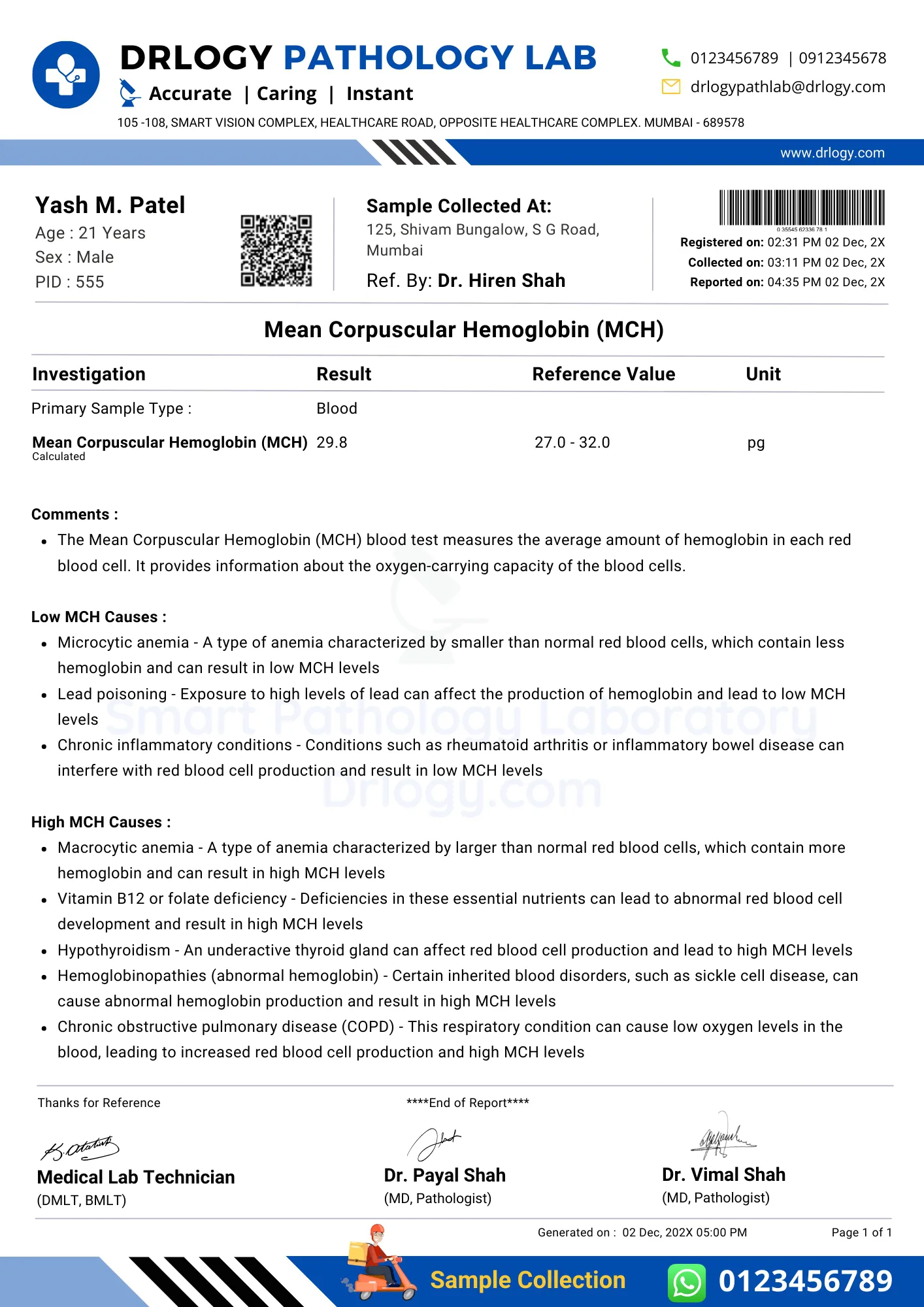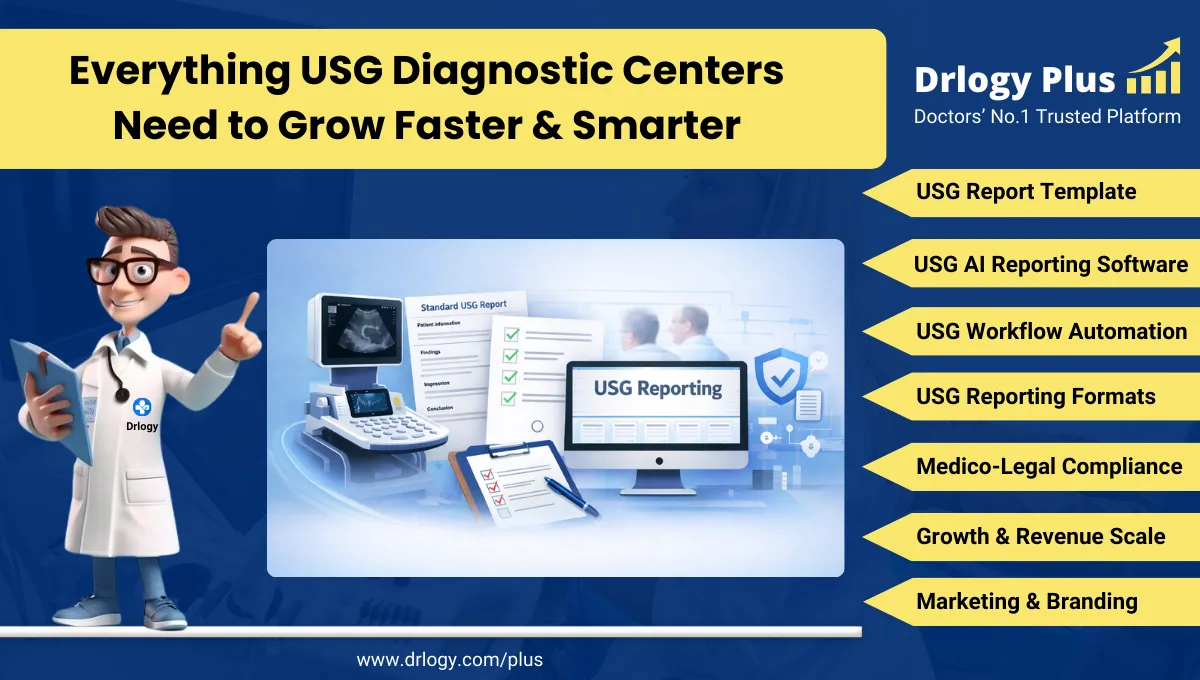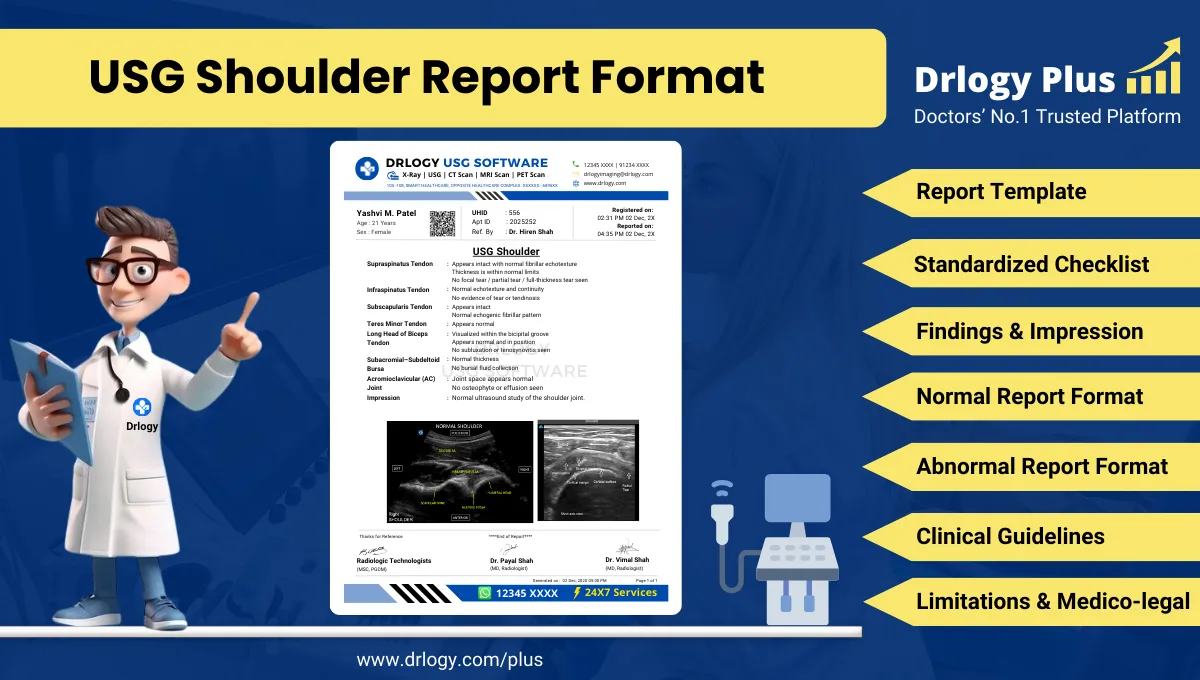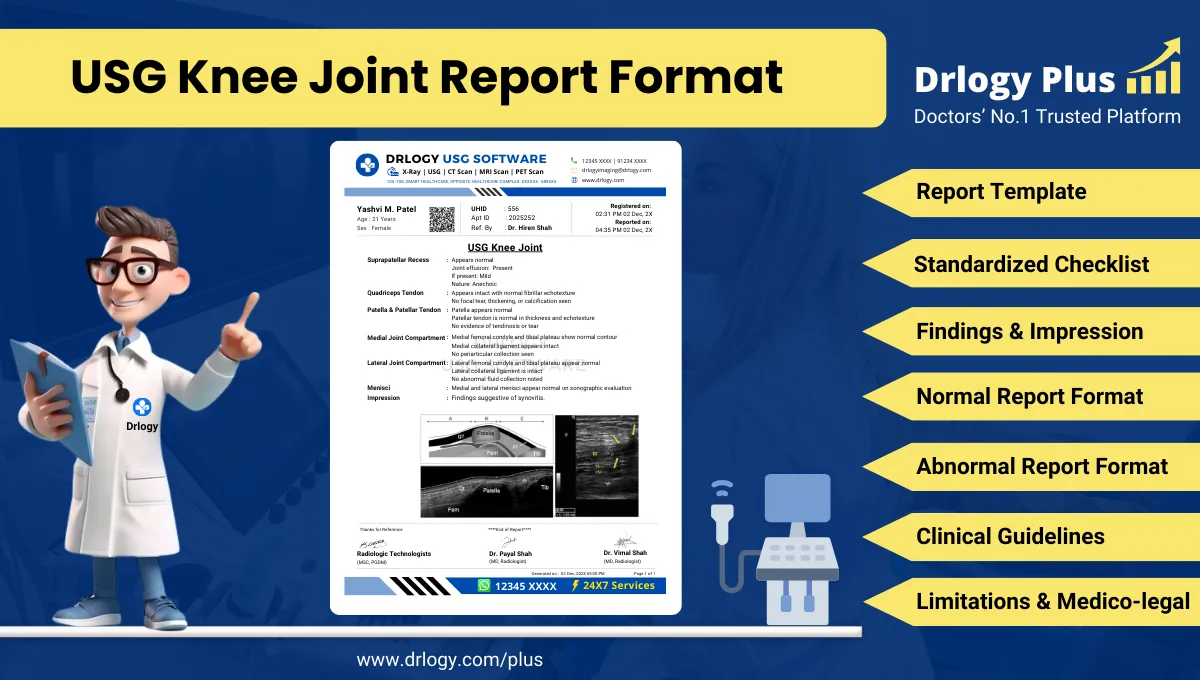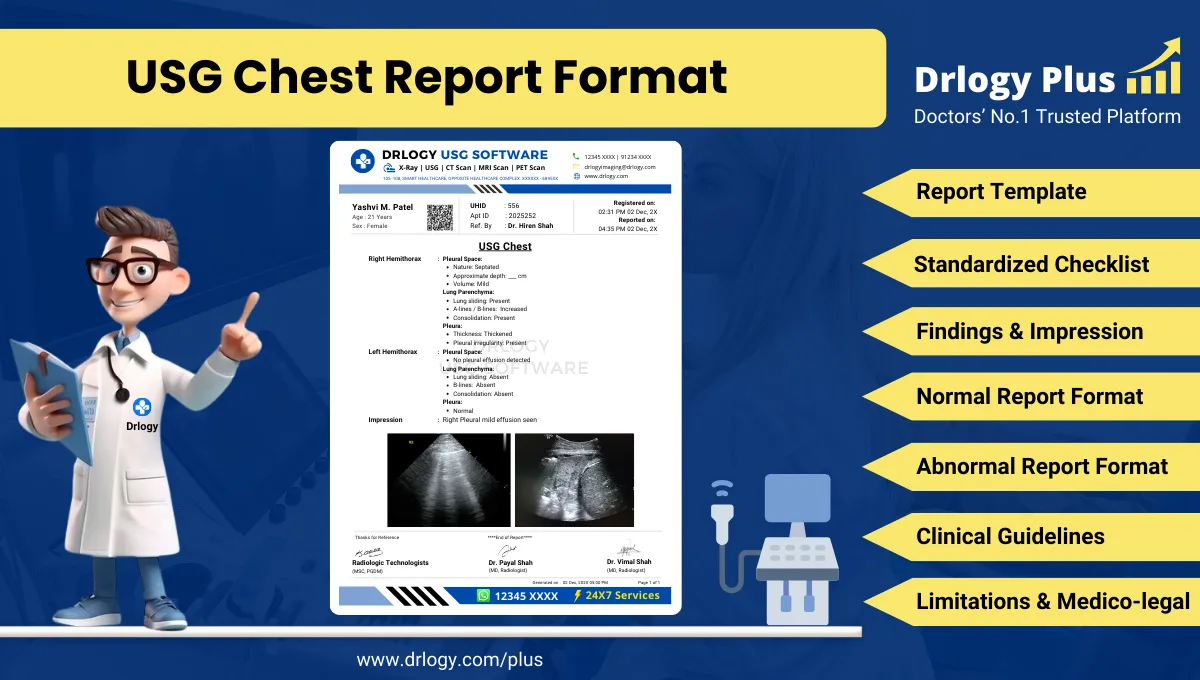

Drlogy
Healthcare organization
MCH Blood Test Report Format: 10 Key Clinical Guidelines & Example
In the medical laboratories, the MCH (Mean Corpuscular Hemoglobin) Blood Test Report is a crucial element for diagnosing and monitoring hematological conditions. This standardized test encapsulates key metrics such as the average hemoglobin levels in red blood cells, offering vital insights into a patient's health.
Efficiently communicated and promptly delivered, MCH Blood test reports play a pivotal in aiding healthcare professionals toentify anemia. This streamlined format is indispensable for precision in diagnostics, guiding informed medical interventions for optimal patient care.
Recommended
10 Key MCH Blood Test Report Format Clinical Guidelines
Below are the 10 key clinical guidelines for formatting a MCH Blood Test report in your pathology laboratory.
1. Patient Information:
- Patient's full name, age, gender, date of birth, and contact information.
- Include relevant medical history for comprehensive analysis and treatment planning.
- Emergency contact details ensure swift communication during critical situations.
- Insurance information is crucial for billing and streamlining administrative processes.
- Any specific patient instructions aid in a tailored and patient-centric approach to care.
2. Reference Doctor Information:
- Clearly state the referring physician's full name, credentials, and clinic/hospital details.
- Provide contact information for efficient communication and further consultation if required.
- Specify any particular patient instructions from the referring doctor.
- Reference doctor's letterhead ensures professionalism and traceability of the medical referral.
- Include a preferred communication method for seamless coordination.
3. Specimen Information:
- Detail specimen name, type, volume, and collection date and time.
- Precise handling instructions are crucial for maintaining specimen integrity.
- Clearly state storage conditions to ensure the accuracy of test results.
- Include any specific precautions related to the type of specimen collected.
- Ensure the accuracy of data by documenting proper specimen information.
4. Test Name and Methodology:
- Clearly state the test name with a brief description for easy understanding.
- Provide details about the methodology employed for conducting the specific test.
- Include any pre-test requirements to ensure accurate and reliable results.
- Offer an explanation of the test's purpose for better comprehension.
- Highlight the significance of the test in the diagnostic process.
5. Test Result:
- Present test results in a clear and easily understandable format.
- Include numeric values and units for precise interpretation.
- Highlight abnormal results for immediate attention and further analysis.
- Utilize graphical representation if applicable for enhanced data visualization.
- Provide a comparison with previous results, if available, for historical context.
6. Normal Value Reference:
- Define the normal range with clear explanations of normal parameters.
- Address any age or gender-specific variations in the normal values.
- Offer comparative data for reference, aiding in a comprehensive interpretation.
- Provide guidelines for interpreting normal value ranges for effective analysis.
- Ensure clarity in understanding the expected variations in test results.
7. Quality Control Information:
- Detail the laboratory's commitment to quality assurance measures.
- Specify the use of internal and external controls for result reliability.
- Provide accreditation information to establish the laboratory's credibility.
- Highlight the credentials of laboratory personnel responsible for conducting the tests.
- Describe continuous monitoring practices ensuring consistent and accurate results.
8. Signature and Date:
- Display an authorized signature of the reporting scientist or doctor for authentication.
- Clearly state the date and time of report authorization for temporal reference.
- Include contact information for verification purposes, enhancing traceability.
- Consider the use of digital signatures to ensure data integrity and security.
- Comply with data security standards for confidentiality and regulatory adherence.
9. QR Code Authenticity and Barcode:
- Implement a QR code for easy and secure report verification.
- Integrate a barcode for automated data entry and processing.
- Explain the authentication process associated with QR codes for clarity.
- Detail security measures in place to prevent tampering with the report.
- Highlight accessibility via mobile apps, if available, for user convenience.
10. Diagnostic Laboratory Details:
- Clearly state the laboratory's name and logo for brand recognition.
- Provide accreditation and certification details to instill confidence in the laboratory's capabilities.
- Include comprehensive contact information and hours of operation for accessibility.
- Offer the laboratory's address andections to facilitate patient visits.
- Mention any specialized services offered by the diagnostic laboratory.
Also Check
Drlogy Plus For Complete Digital Solutions for Doctors, Clinics, Hospitals & Labs to Enhance Patient Experience
MCH Blood Test Report Format Sample
MCH Blood Test Report Format
Here is a MCH Blood test report PDF format, highlighting its significance in the pathology laboratory.
Drlogy Pathology lab software plays a pivotal in ensuring a MCH Blood Test Report Format. Additionally, Pathology lab software automates many aspects of the testing process, from sample handling to data analysis. Drlogy Pathology Software provides healthcare providers with real-time access to MCH Blood test results, enabling timely decision-making and faster patient care.
Referred
Conclusion
- The MCH Blood Test Report Format is paramount for delivering precise and comprehensive healthcare insights. These guidelines, covering patient details, specimen information, and meticulous quality control, ensure accurate diagnostics and informed decision-making.
- The clarity in test result presentation, coupled with reference ranges and thorough interpretation, enhances the significance of the MCH test.
- Ultimately, these guidelines underscore the pivotal of the MCH Blood Test in facilitating timely, accurate diagnoses and promoting optimal patient care within diagnostic laboratories.
- Drlogy Plus For Complete Digital Solutions for Doctors, Clinics, Hospitals & Labs to Enhance Patient Experience.
Reference
- Mean Corpuscular Hemoglobin [1].
- Beyan C, Kaptan K, Beyan E, Turan M. The platelet count/mean corpuscular hemoglobin ratio distinguishes combined iron and vitamin B12 deficiency from uncomplicated iron deficiency. Int J Hematol. 2005; 81(4):301-3 [2].
- MCH Blood Test - Drlogy [3].
